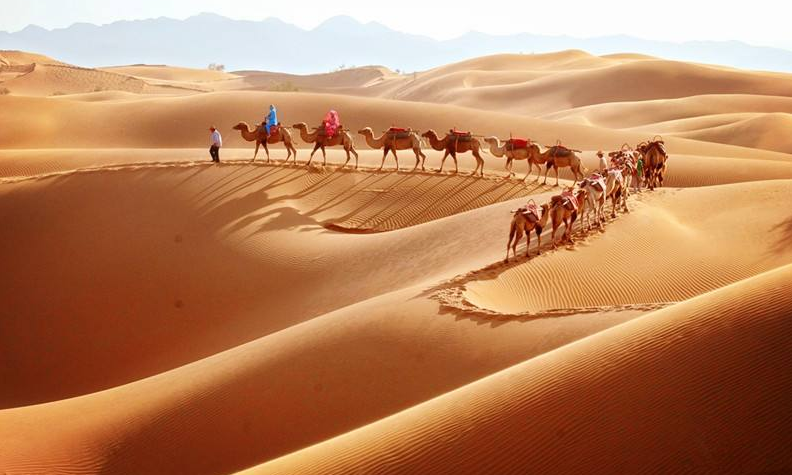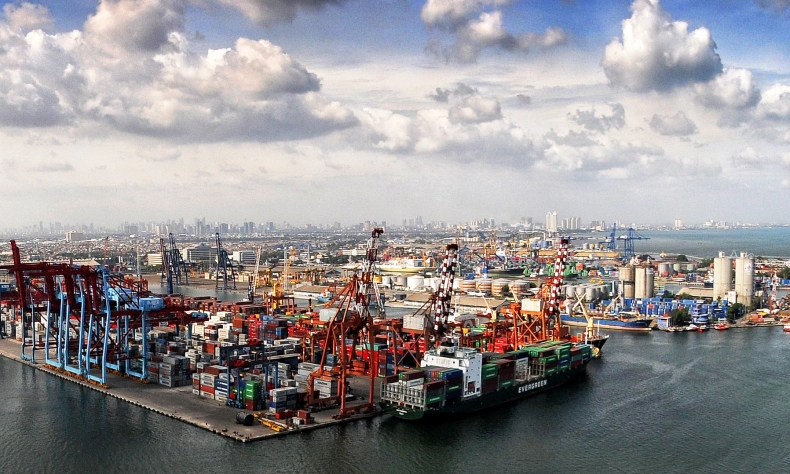
【High-level Interview】Siwage Dharma Negara: China and Indonesia Can Consider Aligning the B&R Initiative and GMA Plan
“ I originally thought that the initiative was limited to economic aspects. However, after gaining a deeper understanding about this initiative, I found that the Belt and Road will not only bring new momentum for global economic growth, but also promote the adjustment of globalization in time.”
In 2013, Chinese President Xi Jinping proposed the concepts of “Silk Road Economic Belt” and “21st-Century Maritime Silk Road”. These two terms are now referred to as the Belt and Road Initiative(BRI).
With the theme of Belt and Road construction, China Focus is set to launch a series of high-profile overseas interviews. Today we have an exclusive interview with Dr. Siwage Dharma Negara, Senior Fellow, Institute of Southeast Asian Studies and co-coordinator of the Indonesian project.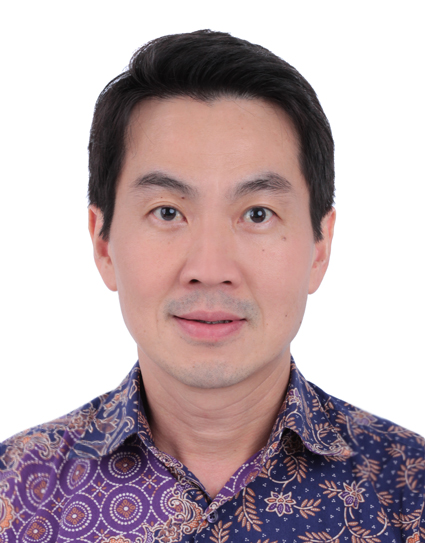
Interviewee: Dr. Siwage Dharma Negara, Senior Fellow, Institute of Southeast Asian Studies and co-coordinator of the Indonesian project.
Interviewer: Xue Li, Senior Fellow, Institute of World Economics and Politics, Chinese Academy of Social Sciences
China Focus: In your opinion, what’s the main reason for China to put forward the Belt and Road Initiative?
Dr. Siwage Dharma Negara: Regarding China, the Belt and Road Initiative provides a platform for promoting cooperation among countries and regions. I originally thought that the initiative was limited to economic aspects. However, after gaining a deeper understanding about this initiative, I found that the Belt and Road will not only bring new momentum for global economic growth, but also promote the adjustment of globalization in time. Because of that China has increased its global influence and can predominate global competition.
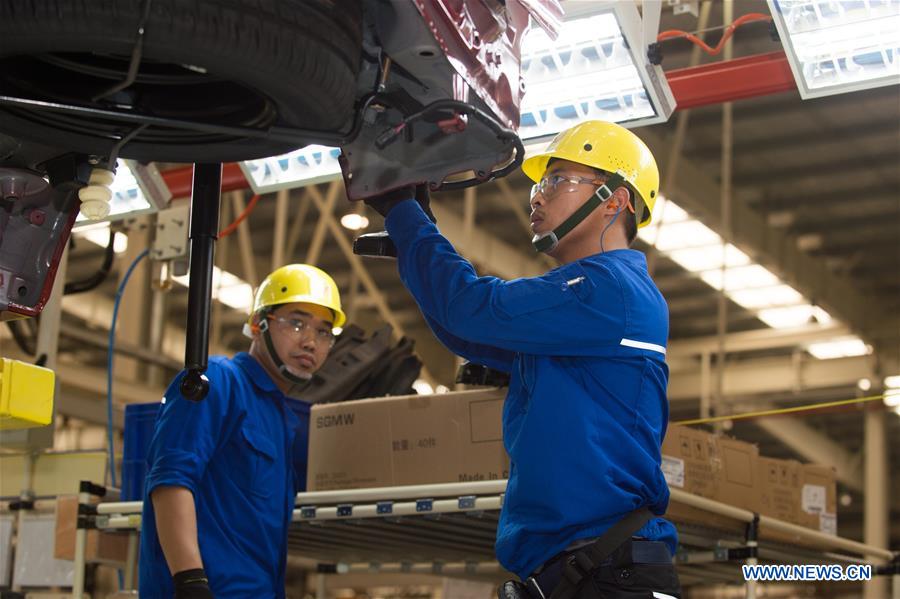
China Focus: How do you evaluate the Belt and Road Initiative?
Dr. Siwage Dharma Negara: I think that the Belt and Road Initiative has provided opportunities for trade, investment, infrastructure and human exchange among the participating countries.
According to my field investigation, I find that it’s really hard for Chinese companies to build any Belt and Road project in Indonesia. In terms of high-speed railway projects, if the land expropriation is not 100% completed, it will be hard to sign the loan agreement, significantly impeding project progression.
The Indonesian government cannot force the local people to hand over their land without compensation. So far, the land expropriation is 60% complete, and the other 40% shall cost more, leading to an increase of project cost. Compared to Japan, China provides a more preferential cooperation condition, though the price is higher now. At the outset, China’s offer was $5.5 billion dollars, now the figure is rising to $6 billion dollars – an increase of half a billion dollars.
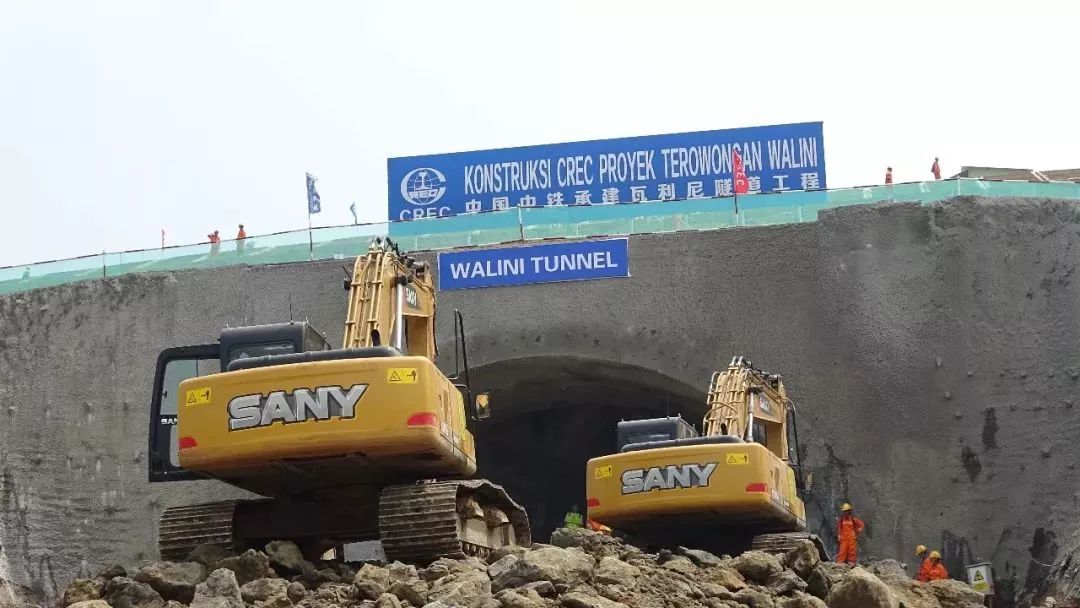
I’ve been to the site of high-speed railway projects located in Bandung, a city of western Java Island. The high-speed railway connects Jakarta and Bandung, covering four main train stations, namely Jakarta, Karawang, Walini and Tegal Luar. Walini station was under construction during my visit. The high-speed railway passes many plantations and mountains, which requires the costly construction of tunnels. This project has been postponed for over two years because of land expropriation issues. The planned time of completion is in 2019, now I think they may finish it in 2021.
China Focus: In your opinion, how have China-Indonesia relations changed after the proposal of the Belt and Road Initiative?
Dr. Siwage Dharma Negara: We can see that the bilateral relations have upgraded especially after 2013, the beginning year of the Belt and Road Initiative. On October 2, 2013, former Indonesian President Susilo Bambang Yudhoyono and Chinese President Xi Jinping jointly decided to upgrade the China-Indonesia relationship to a comprehensive strategic partnership. Close political ties can promote bilateral economic cooperation and development, ergo China has invested a huge amount of money in Indonesia, especially in energy fields such as electricity and minerals.
Currently, the Indonesian government may not know how to take advantage of the Belt and Road Initiative. Although the government has realized that this initiative is an opportunity for the country, transforming this opportunity into practical interests may not be entirely clear.
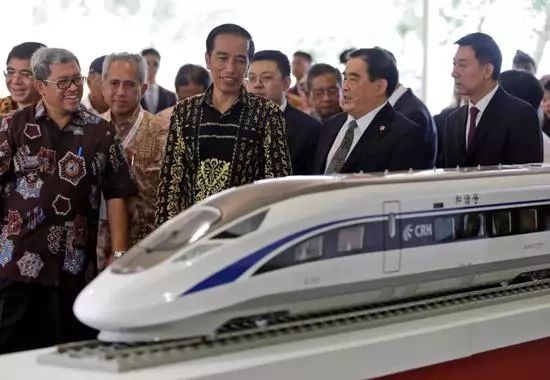
China Focus: Do you think China’s national image has changed after the proposal of the Belt and Road Initiative?
Dr. Siwage Dharma Negara: In general, public opinion towards China varies greatly. Although Indonesian President Joko is attempting to bridge a closer relationship with China, other departments in Indonesian government, especially politicians representing opposite parties don’t want to get too close to China.
As Indonesia is a democratic state with a large Muslim population, many Indonesians abhor atheism. There are memories of the Indonesian Communist Party during the Cold War and many Indonesians fear the introduction of other ideologies may impact their Islamic religion. If they introduce China’s labor rules and technologies, they will somehow be affected by Chinese ideology. Now, the Indonesian government is educating its people to help them realize that China is rising peacefully and has become one of the major economic powers in the world. Indonesia will benefit a lot if it maintains its economic cooperation with China. China is assisting the Indonesian government in trying to change the outdated concepts its people have about communism.
I’m an overseas Chinese. Both my father and grandfather love China and they comply with Chinese customs in their daily lives. They think that China has become stronger thanks to the leadership of the Chinese government.
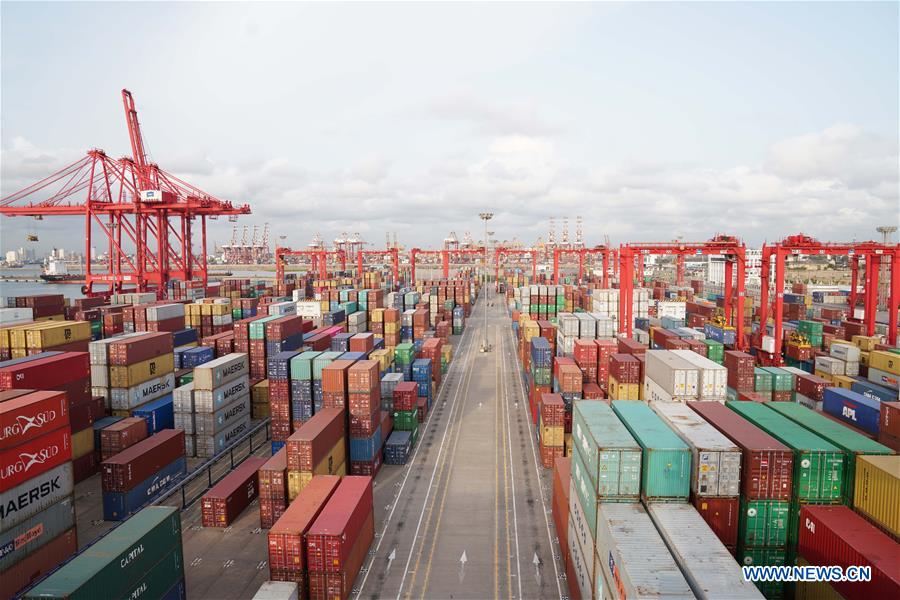
China Focus: In your perspective, does the Belt and Road construction have problems in sustainability? How can these problems be settled?
Dr. Siwage Dharma Negara: The Belt and Road Initiative is extensive; it includes not only the establishment of roads and ports, but also cooperation in planting, minerals and energy sources. Therefore, I think that even cooperation in road construction can be limited, cooperation in other fields may last longer.
(Xue: President Joko put forward a Global Maritime Axis plan aiming to build Indonesia into a global maritime axis. Do the Belt and Road Initiative and the Global Maritime Axis plan overlap each other in any aspect?)
My research conclusion is that these two initiatives overlap each other in few aspects. When we have a look at the outline of the Belt and Road on the world map, we will find it doesn’t pass the route of Global Maritime Axis plan. My main opinions are as follows: The BRI focuses on reaching out to other countries, while the Global Maritime Axis plan is more like an Indonesian domestic development initiative which aims at connecting and developing the east of the country through establishing ports and improving shipping capability. China focuses more on the development of international community and it is capable enough to do that. However, Indonesia is not capable enough to act like China in this aspect, it’s better for the country to focus on upgrading national connectivity among regions. China and Indonesia can consider methods to align the Belt and Road initiative with the Global Maritime Axis plan.
 Facebook
Facebook
 Twitter
Twitter
 Linkedin
Linkedin
 Google +
Google +
